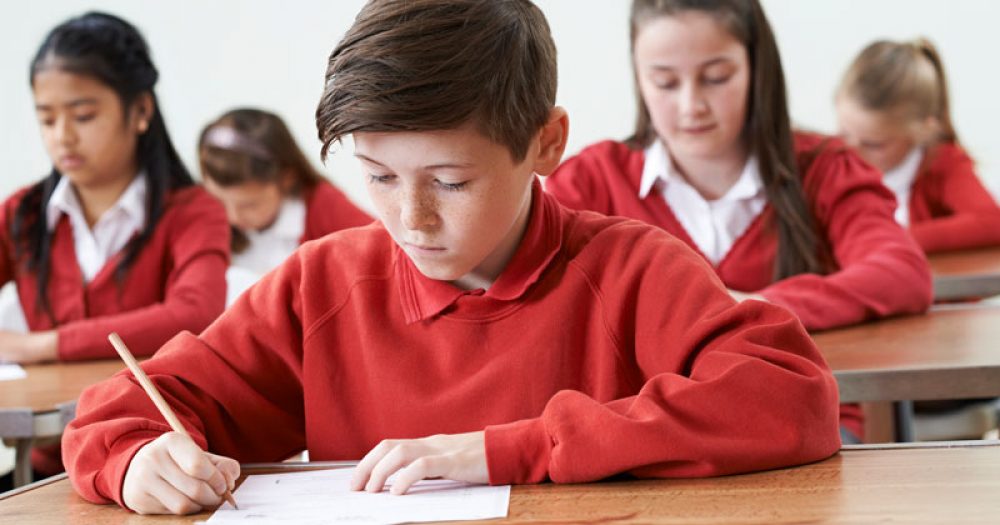Harder key stage 2 SATs have resulted in a wider attainment gap between children on free meals and their peers, Ofsted has said.
In the watchdog’s annual report, released today, key stage 2 SATs are directly blamed for widening results in reading, writing and maths.
Ofsted notes the “more demanding key stage 2 SATs and new measures have resulted in a gap of 21 percentage points in the percentage of pupils reaching the expected standard in reading, writing and mathematics between pupils eligible for free school meals and their peers. This is wider than the gap previous measures showed.”
However, the watchdog also added that it expected “faster improvements in the coming years” based on the past performance of pupils, although it poured scorn on schools which stopped the broader curriculum as early as Christmas, to cram pupils for the test.
In July 2016 Schools Week reported that half of year 6 pupils had met the expected standard in the new “tougher” key stage 2 SATs tests, according to provisional figures from the Department for Education.
However, the figure (53 per cent) is not comparable to 2015 – when 80 per cent of pupils met the standard – because of changes in the national curriculum. The new metrics were designed so that only around half of pupils would initially meet the target.
Nicky Morgan, who was education secretary at the time, said the government had raised the bar to a more “rigorous system” and that said she “knew” it was “asking more”.
In July, Schools Week reported an increase in the percentage of pupils reaching the government’s expected standard of at least 100 marks in their scaled scores in the key stage two tests for reading, writing and maths – up from 53 to 61 per cent.
In reading, 71 per cent achieved the standard, compared with 66 per cent in 2016, while 75 per cent met the standard in maths, up from 70 per cent.
In spelling, punctuation and grammar tests, 77 per cent of pupils met the expected standard, up from 73 per cent, and the proportion meeting the standard in writing was 76 per cent, up from 74 per cent.
Schools minister Nick Gibb says the results showed “sustained progress in reading, writing and maths” and were a “testament to the hard work of teachers and pupils across England”.
More on Ofsted’s annual report…
65 inadequate schools STILL not converted after 17 months
RI schools fail to improve at record levels
Religious schools increasingly ‘flouting’ British values
130 schools not rated ‘good’ for over a decade







If you make KS2 SATs more cognitively demanding then this will inevitably broaden the attainment distribution in line with the bell curve cognitive ability profile, with the pupils from the poorest postcodes concentrated at the bottom end.
This may well trigger more abusive (SLANT type) teaching methods at the cost of reducing any cognitively developmental gains that these children would have made had they been taught properly. See
https://rogertitcombelearningmatters.wordpress.com/2017/09/25/the-learning-instinct/